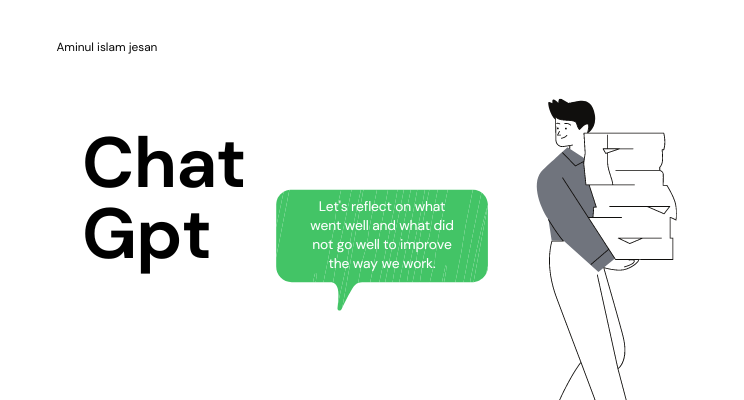Funeral poverty refers to the inability of a person or family to afford the costs of a funeral for a loved one. Funeral costs can be expensive, particularly in some countries, and many people do not have the financial resources or insurance coverage to pay for them. This can lead to families being unable to provide a proper burial or cremation for their loved ones, and can cause additional emotional and financial stress during a time of grief.
There are various reasons why someone may be unable to afford a funeral, including low income, lack of savings, and unexpected expenses. Some countries have government programs in place to help low-income families with funeral costs, but these programs may not always be sufficient to cover all expenses. In some cases, families may have to resort to borrowing money or taking out loans to pay for funeral expenses, which can create a financial burden that may take years to repay.
If you are facing funeral poverty, it may be helpful to research your options and seek assistance from local organizations or charities that may be able to help with funeral costs. It is also important to consider the potential costs of a funeral in advance and plan for them as part of your overall financial planning.
What is the target market for funeral services?
The target market for funeral services is typically individuals or families who are planning a funeral for a loved one who has recently passed away. This can include people of all ages, although the demand for funeral services tends to be higher among older individuals who are more likely to pass away.

There are several factors that can influence the demand for funeral services, including cultural and religious traditions, personal preferences, and the overall cost of funeral services. For example, some cultures and religions place a strong emphasis on traditional funeral rituals and may require specific services, such as a wake or a cremation, while others may have different customs and preferences.
In addition to individual consumers, funeral homes may also target other market segments, such as insurance companies, which may offer funeral coverage as part of a life insurance policy, and funeral pre-planning companies, which help individuals plan and pay for their own funeral in advance.
Overall, the target market for funeral services is diverse and can include a wide range of individuals and organizations with a need for these services.
What industry is funeral Care?
The funeral care industry is a service industry that involves the planning and execution of funeral services for individuals who have recently passed away. The industry includes funeral homes, cremation services, and cemeteries, as well as businesses that provide related products and services such as caskets, urns, and memorial markers.
Funeral care professionals, such as funeral directors, work with families to plan and carry out funeral arrangements, including coordinating the logistics of the funeral service, obtaining necessary permits and documents, and helping families choose appropriate products and services. The industry also includes professionals who work in sales and marketing, finance, and management.
The funeral care industry is regulated by state and federal laws, which vary by jurisdiction. In many cases, funeral homes and cremation services must be licensed and meet specific requirements related to facilities, staff, and services offered.
Overall, the funeral care industry plays a critical role in helping families cope with the loss of a loved one and providing a sense of closure during a difficult time.
What are issues the funeral industry is facing?
There are a number of issues that the funeral industry is facing. Some of these include:
- Increased competition: With the rise of cremation and other alternative funeral options, traditional funeral homes are facing increased competition from other service providers.
- Rising costs: Funeral costs have been increasing at a rate faster than inflation in many countries, making it difficult for some families to afford the services they need.
- Changing consumer preferences: Many people today are more interested in personalized and alternative funeral options, such as natural burials or memorial celebrations, rather than traditional funeral services.
- Limited access to affordable funeral insurance: In some countries, funeral insurance is not widely available or is too expensive for many people to afford, making it difficult for families to plan and pay for funeral expenses.
- Limited access to trained professionals: There is often a shortage of trained funeral professionals, particularly in rural areas, which can make it difficult for families to access the services they need.
- Stigma surrounding death and dying: In some cultures, there is a stigma surrounding death and dying, which can make it difficult for people to openly discuss their funeral preferences and make plans in advance.
- Environmental concerns: Traditional funeral practices, such as embalming and cremation, can have negative environmental impacts, and there is growing interest in more environmentally friendly options.




